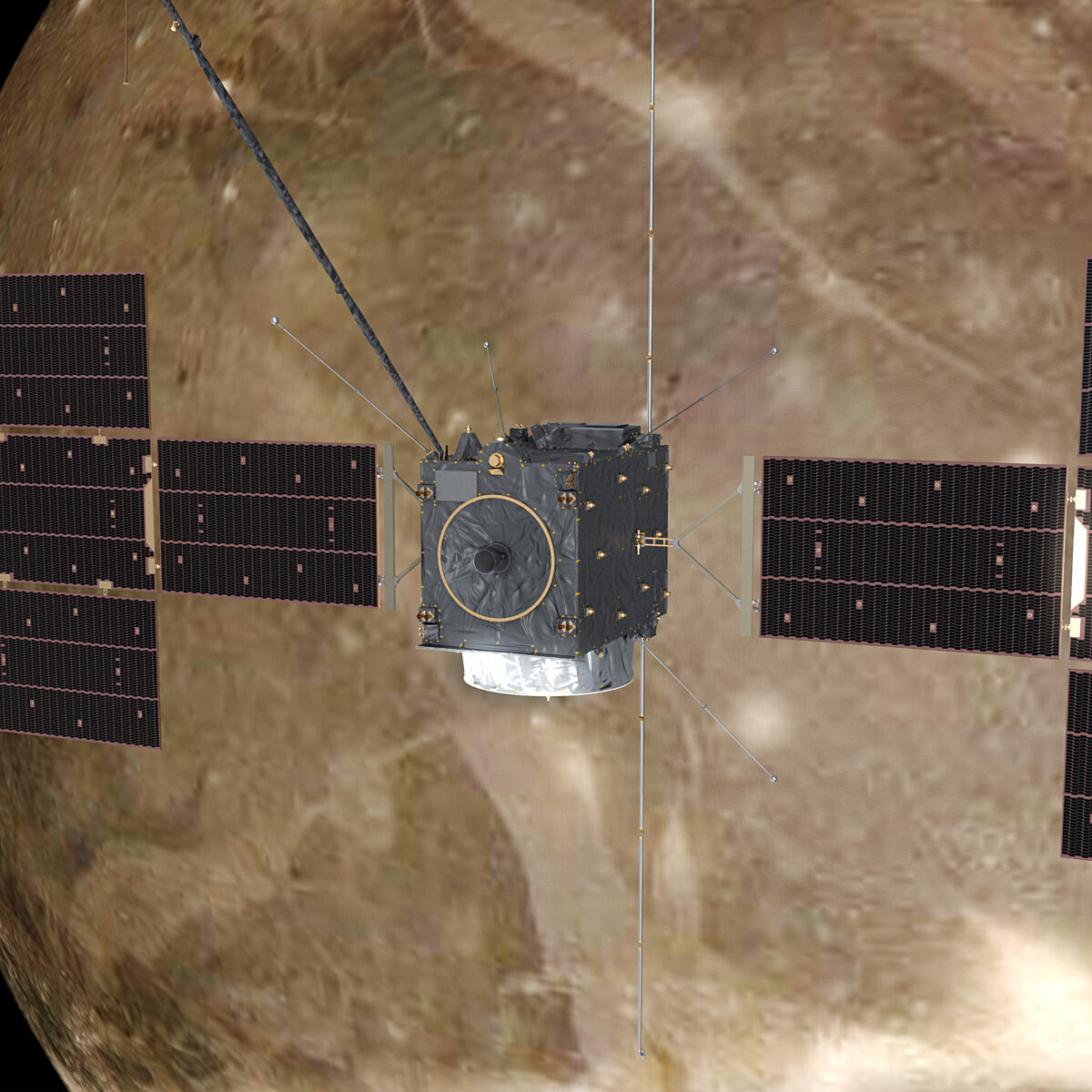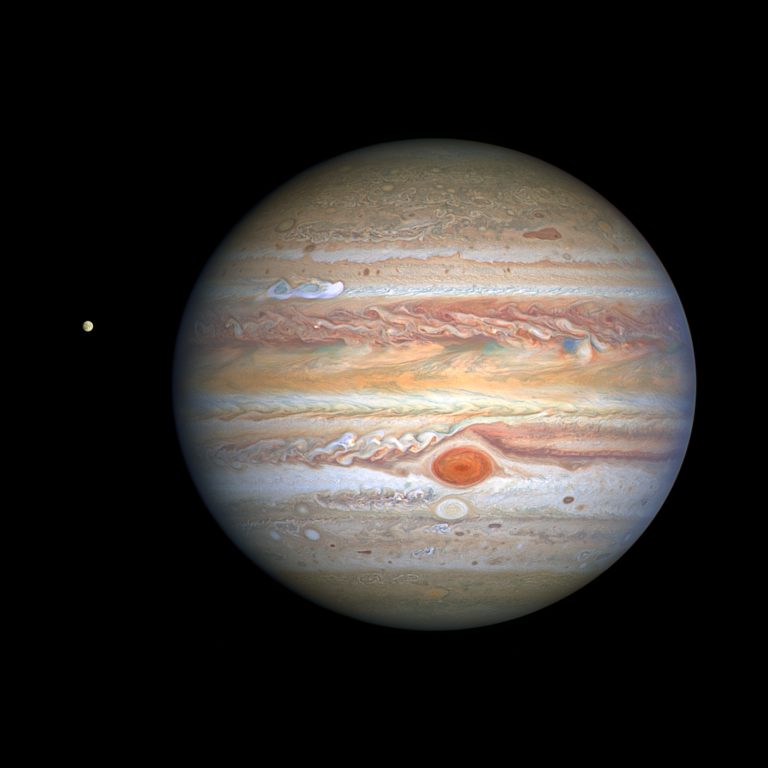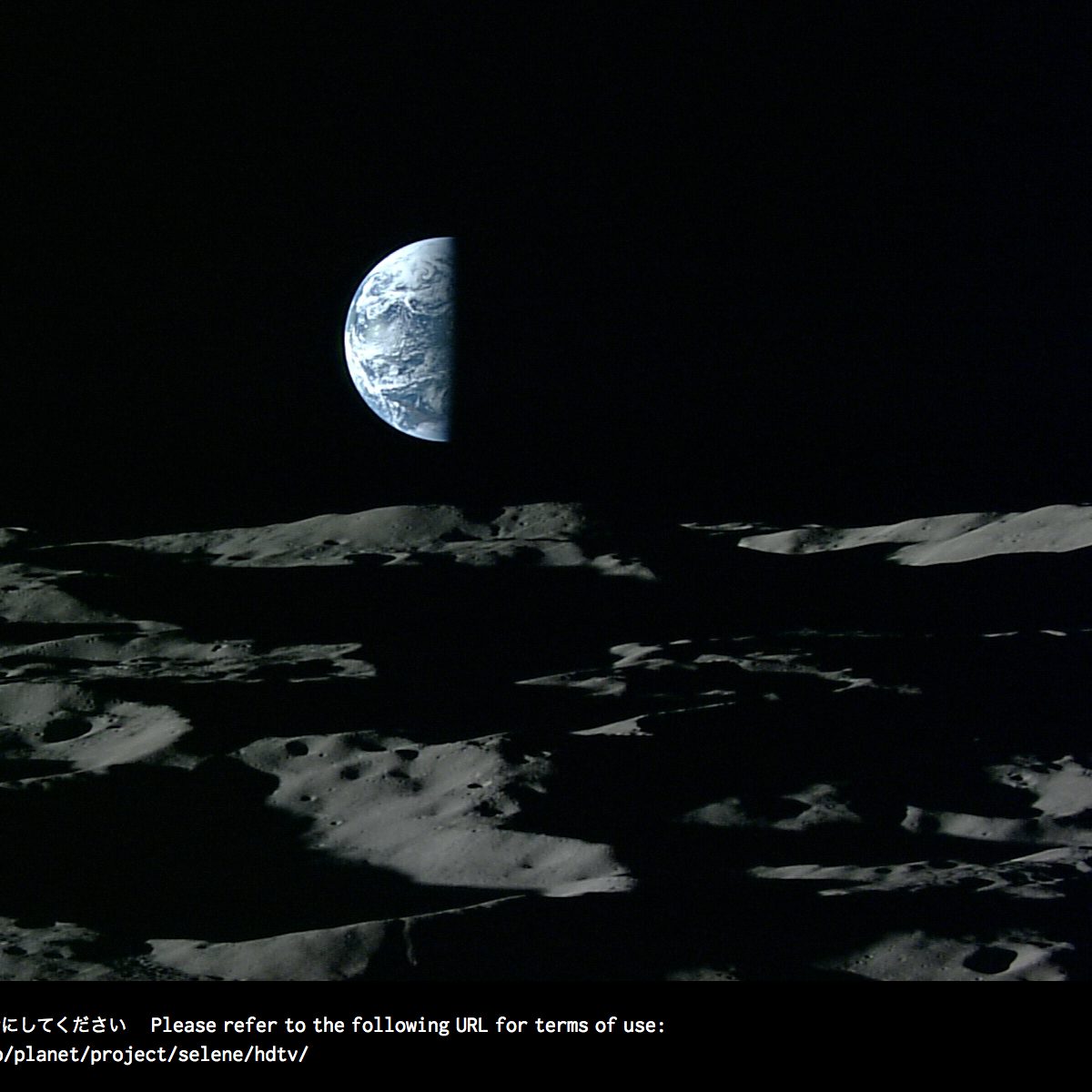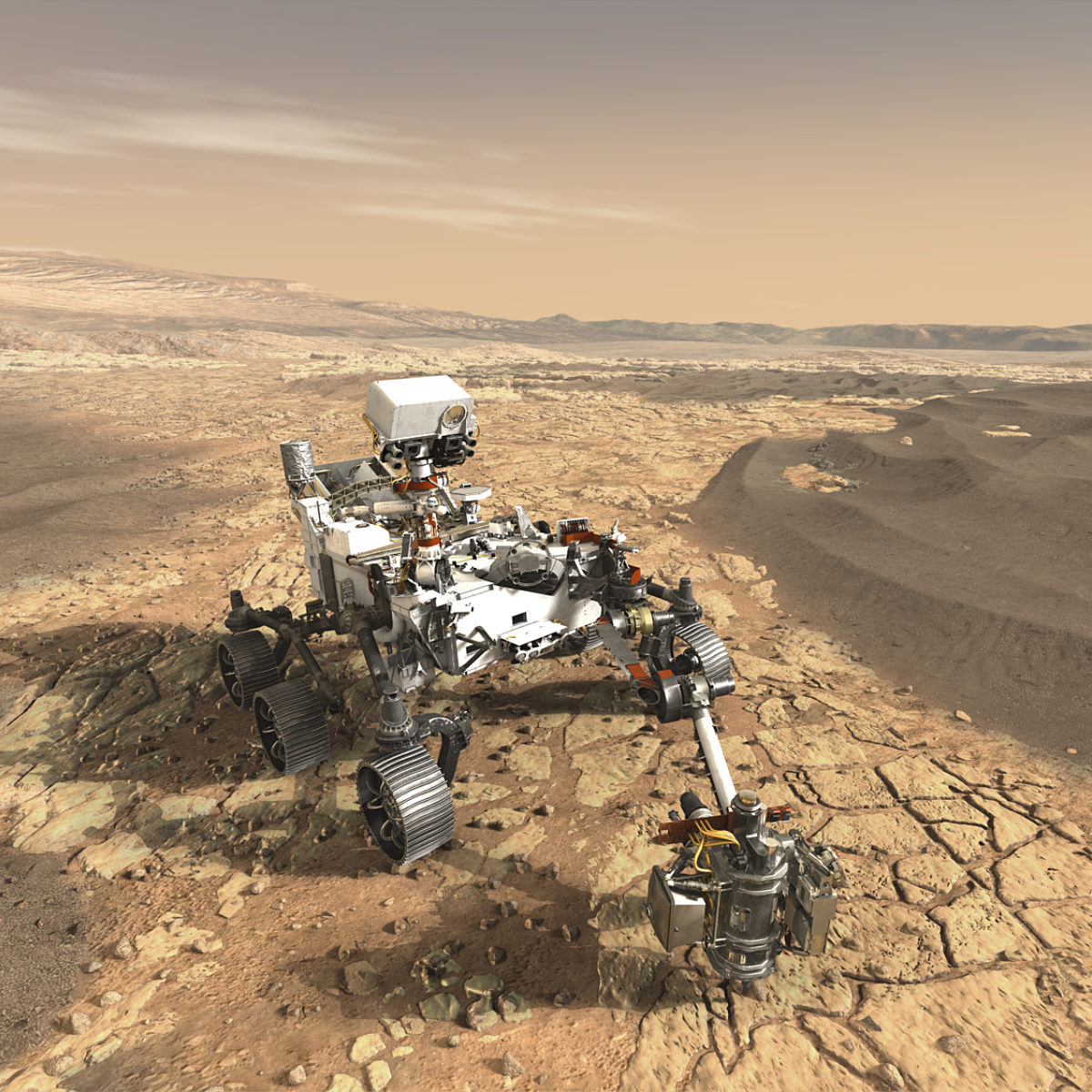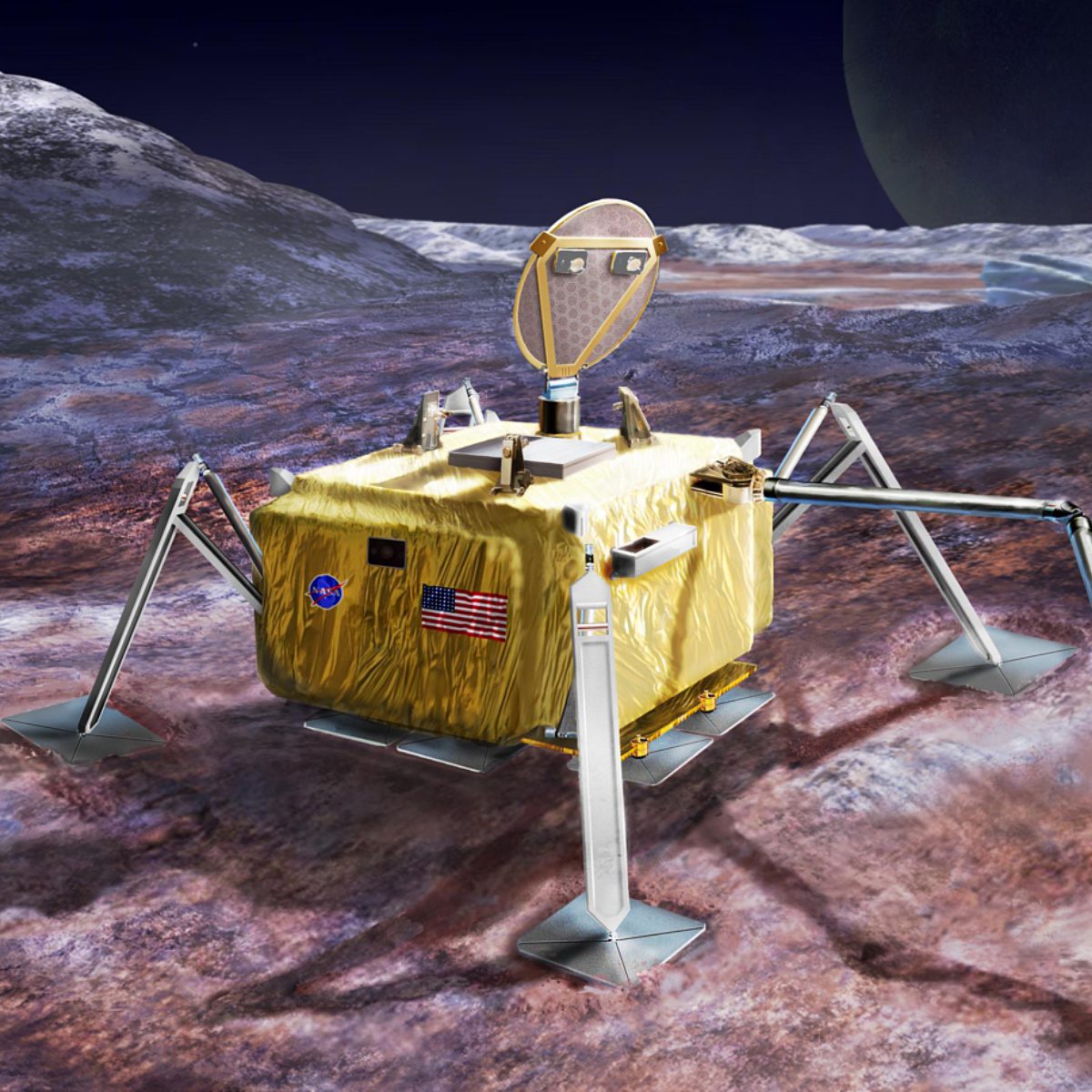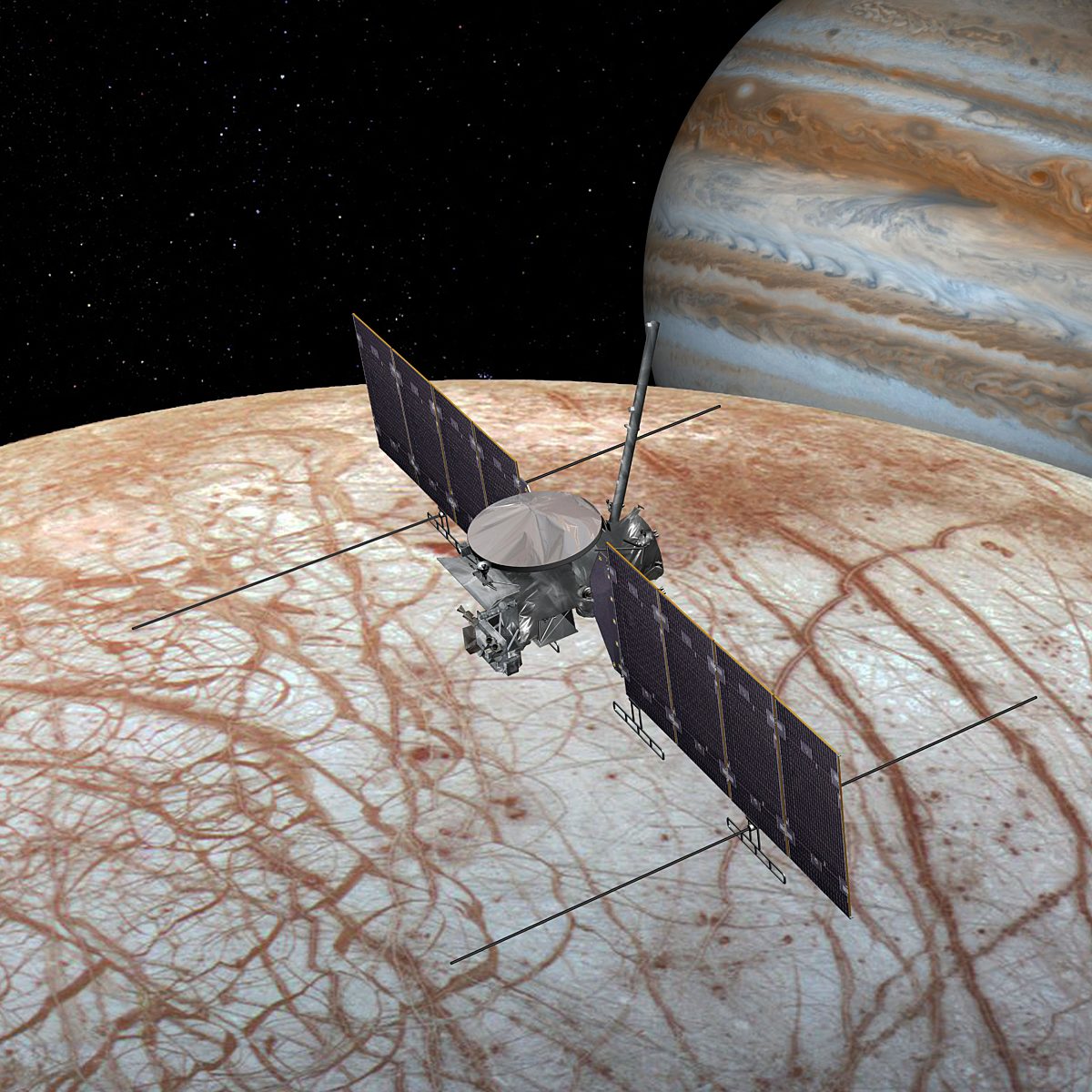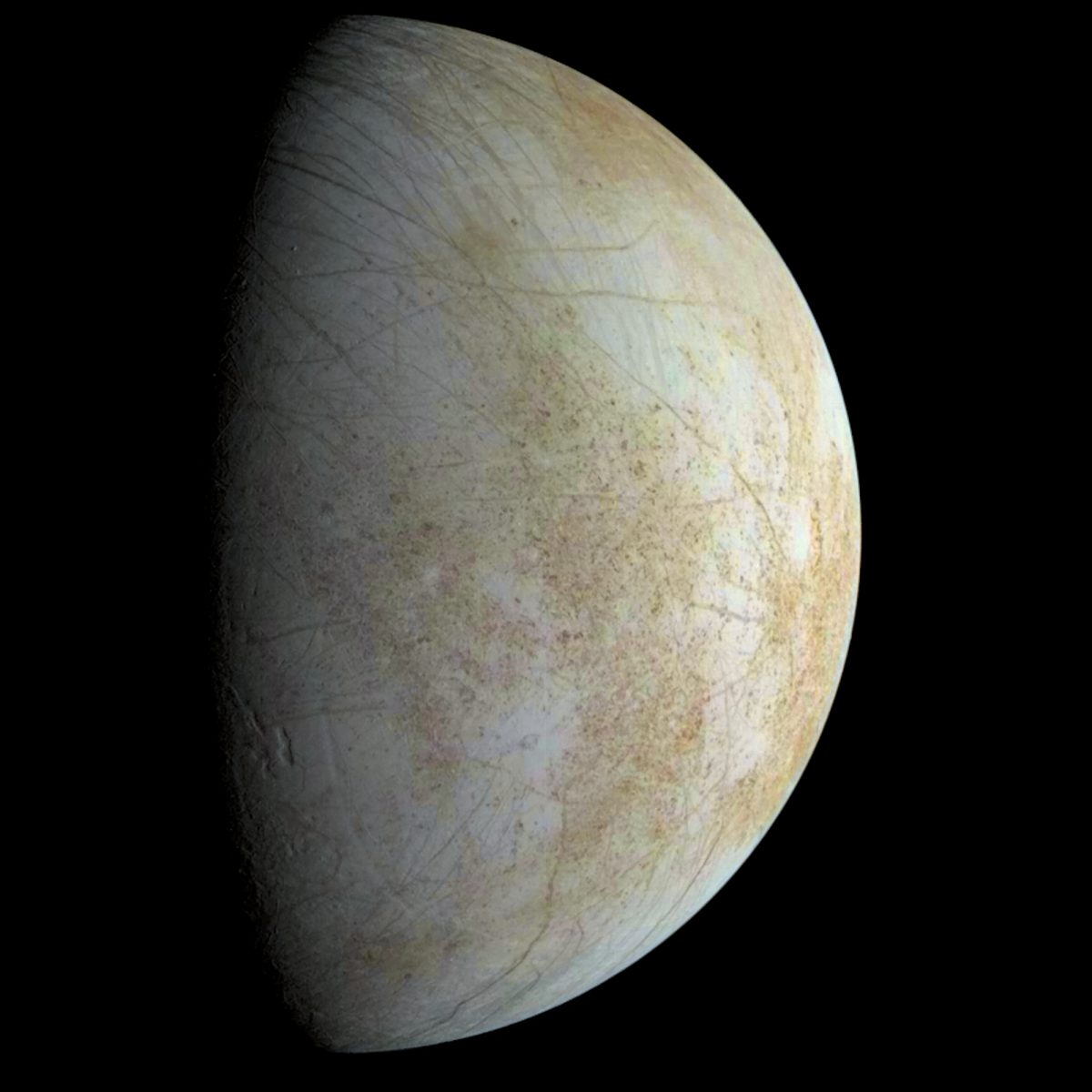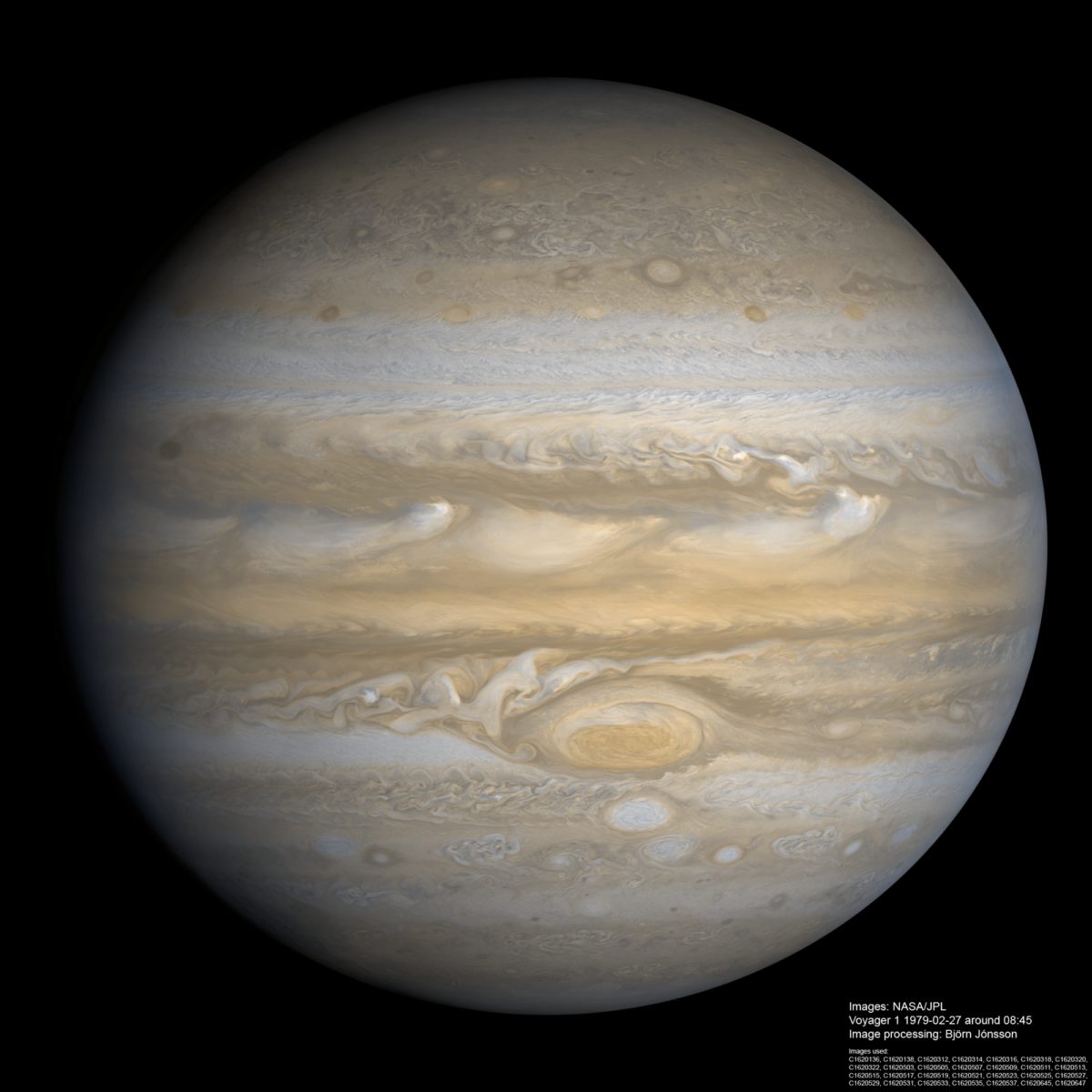All
All
Stories, updates, insights, and original analysis from The Planetary Society.
What to look forward to in space in 2024
A total solar eclipse and the launch of Europa Clipper are on our list of cosmic events to get excited about this year.
The scientific truth is out there
The real science of aliens, the policy implications of ET, and new views of worlds beyond our own.
Juice launch and mission preview: What to expect
Juice is ready to launch on a mission to uncover the secrets of Jupiter's icy moons.
The secrets of Jupiter’s tiny new moons
Jupiter's 92 confirmed moons can teach us how the giant planets formed, and what conditions were like in the early Solar System.
Persevering through it all
Exploration will always face setbacks, but this week’s Downlink reminds us of the impressive human ability to persevere.
Dive into these ocean worlds
Intriguing moons that may hide water beneath their surfaces, and what it takes to visit them.
Dunes and doppelgangers
What can we learn from patterns in the Martian sands? And what’s that Earth-like planet over there?
Solar Plasma and Europan Magma
From solar storms to underwater volcanoes and asteroid close calls, catch up on what’s scary and beautiful this week in space.
The Next 10 Years
Six scientists share the major planetary science discoveries of the past decade, and the questions that will drive the next 10 years of solar system exploration.
No plumes? No problem. How Europa Clipper will analyze an icy moon's ocean
Europa doesn't have grandiose plumes like Enceladus. So how will the Clipper mission figure out what's in Europa's ocean?
Clipper Slipper
Will NASA's Space Launch System be ready to launch a Europa mission in 2022?
Congress gives NASA's planetary science division some love (and a Mars orbiter)
The House of Representatives proposed $2.1 billion for NASA's planetary science budget, which would be an all-time high. Part of the increase would be used to start work on a new reconnaissance and communications orbiter.
Planetary Science Just Got Its Best Budget in Years
The President signed the Consolidated Appropriations Act of 2017, funding the U.S. government for the remainder of the fiscal year. NASA got a boost to $19.65 billion, and its Planetary Science Division saw a budget increase to $1.846 billion—its best budget in more than ten years.
NASA's audacious Europa missions are getting closer to reality
Today, NASA announced progress on a spacecraft that would assess whether Jupiter's Moon Europa is habitable, and earlier this month, an agency-sponsored science team released a report on a separate lander mission that would directly search for signs of life.
New Findings are Conclusive: Europa is crying out for exploration
New scientific findings add to the evidence that Europa is spouting its liquid ocean into space. NASA has a mission to Europa in the works, but it wouldn't launch for at least a decade. Congress can make it faster, but it all depends on whether they can pass a budget this year.
LPSC 2016: Icy Satellite Science
This year’s Lunar and Planetary Science Conference devoted two oral presentation sessions to questions related to icy satellites in our solar system. Jessica Noviello reports back from the conference.
NASA's New Budget Would Gut Europa But Otherwise Support Planetary Exploration
It’s clear that the President’s budget officers really don’t want to fund a mission to Europa. Other than that, the proposed Fiscal Year 2017 budget submitted by the President last week to Congress would be great for planetary exploration.
Europa Budget Bulge
Van Kane explains how the key development for NASA’s mission to Europa will be an agreement on how the agency plans to accommodate the monetary bulge that will come from funding the mission.
A Lander for NASA’s Europa Mission
While there’s at least eight years until it launches, this has been a pivotal year for developing NASA’s Europa mission.
New Concepts to Explore the Jovian System
Last year, NASA’s managers invited the European Space Agency to propose a small spacecraft to explore the Jovian system. Van Kane describes the recently-posted results of ESA's concept studies for two possible missions.


 Explore Worlds
Explore Worlds Find Life
Find Life Defend Earth
Defend Earth


 Sun
Sun Mercury
Mercury Venus
Venus Earth
Earth Mars
Mars Jupiter
Jupiter Saturn
Saturn Uranus
Uranus Neptune
Neptune Small Bodies
Small Bodies

